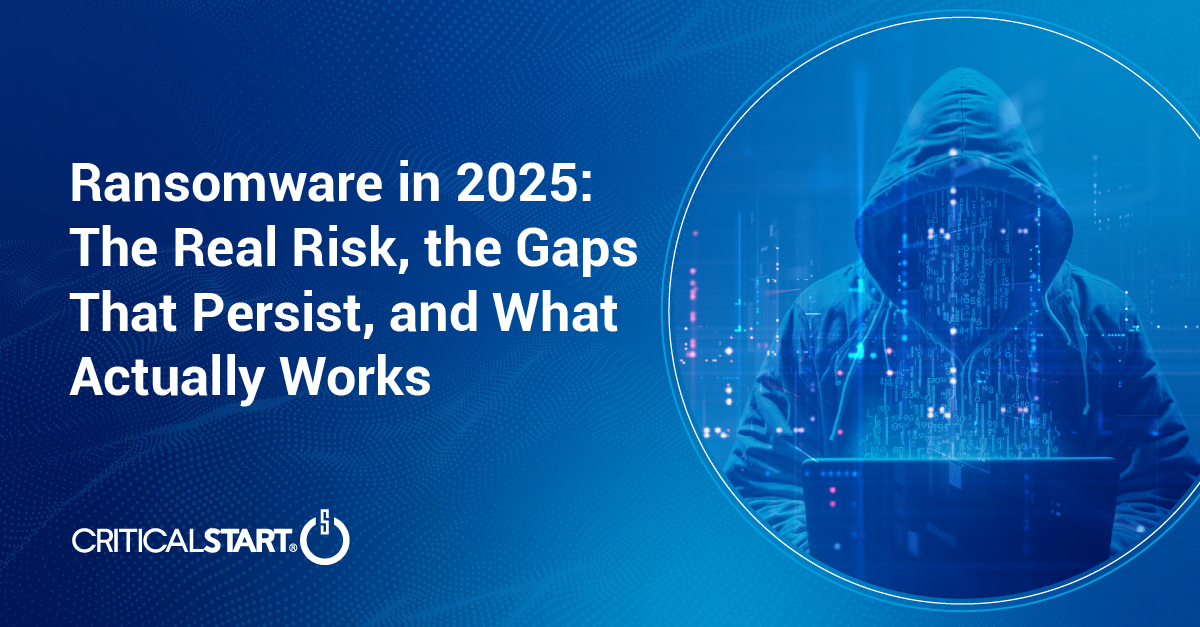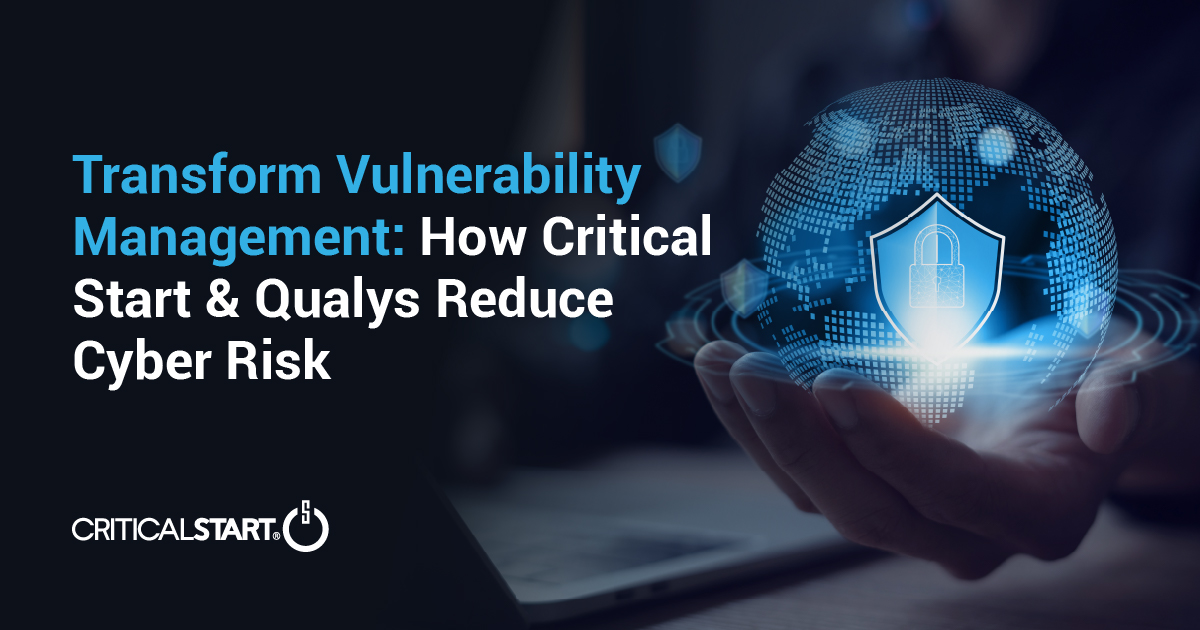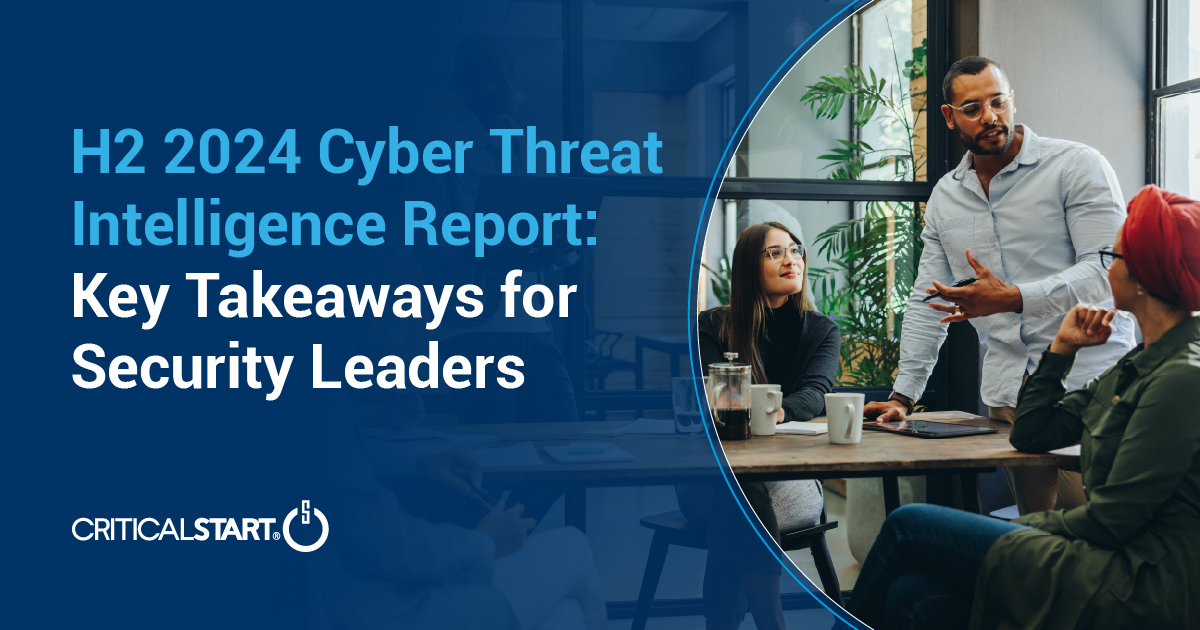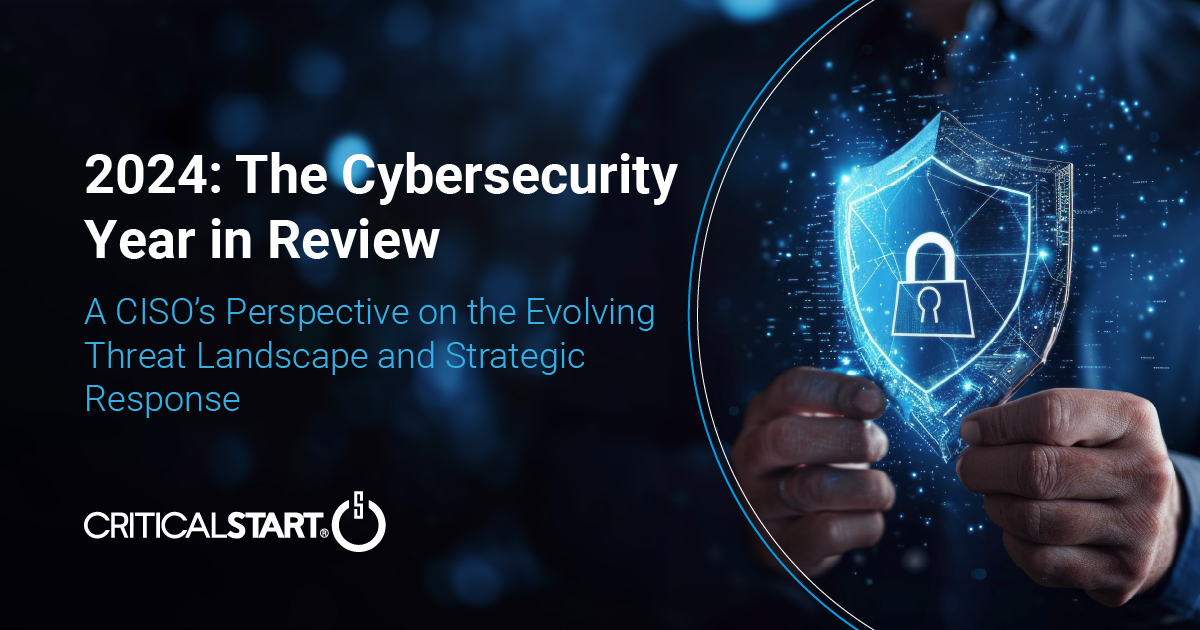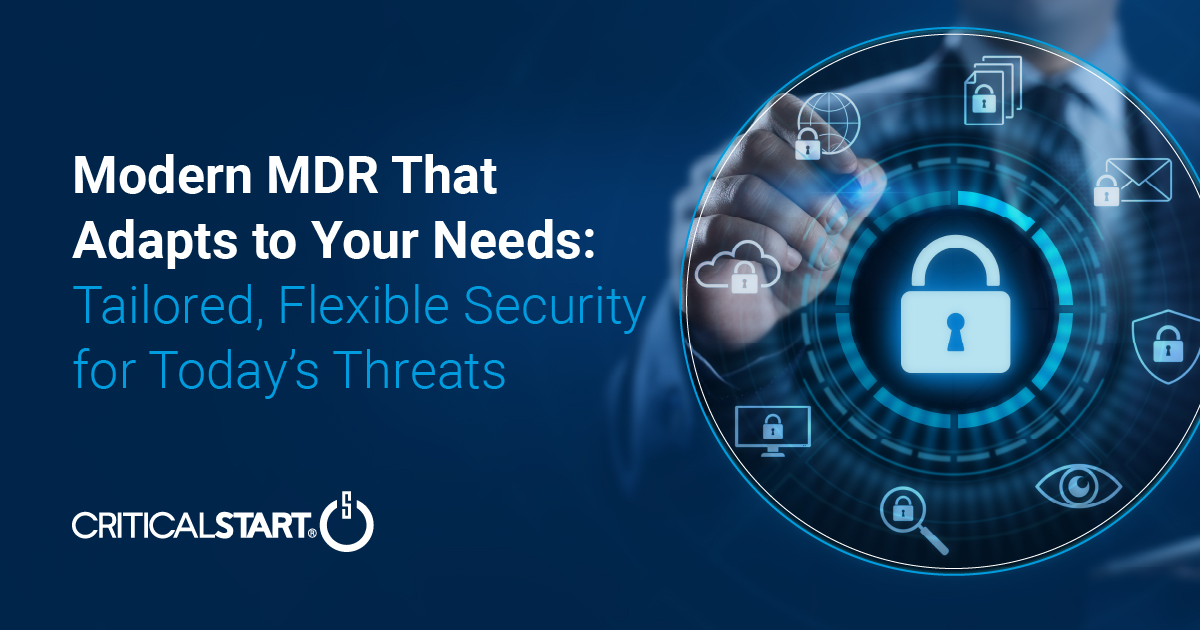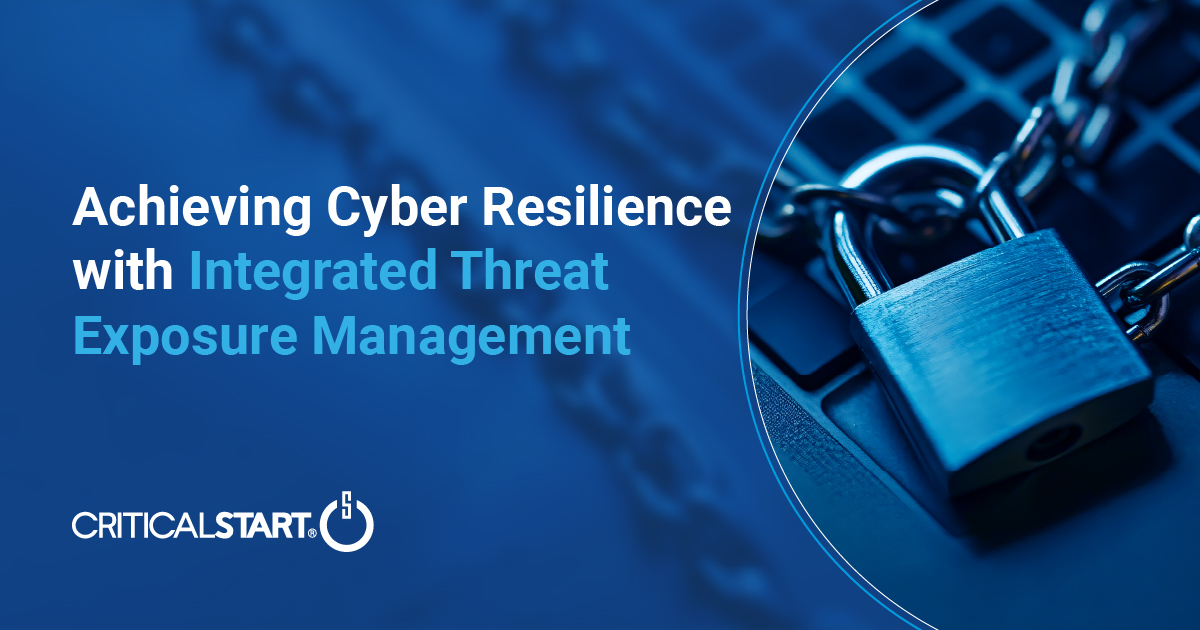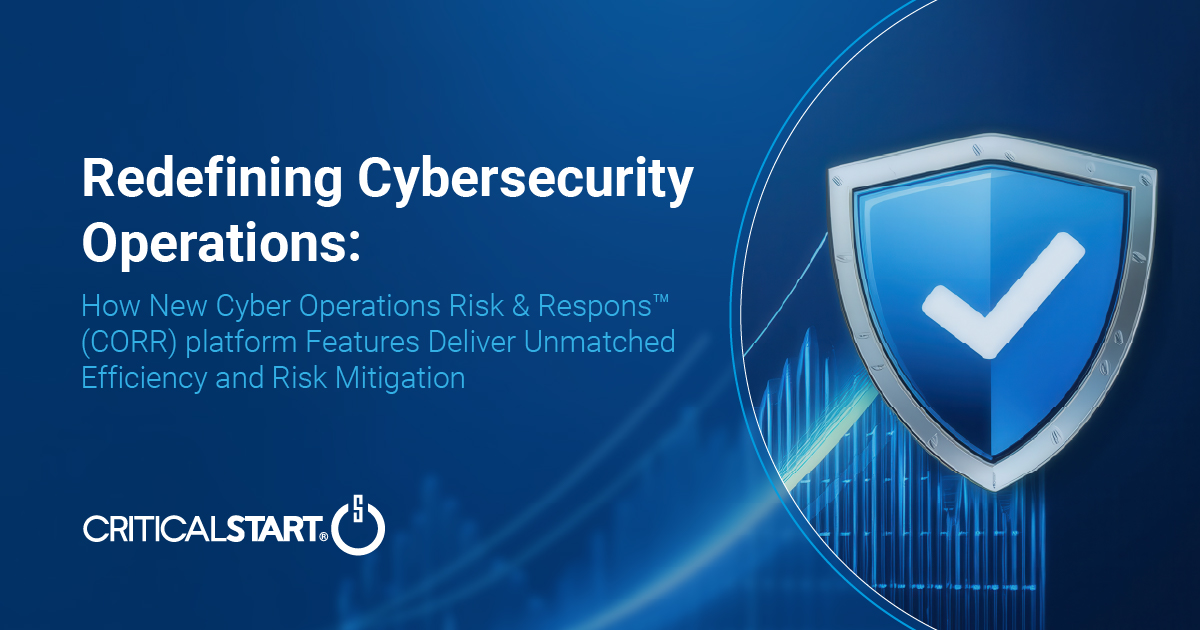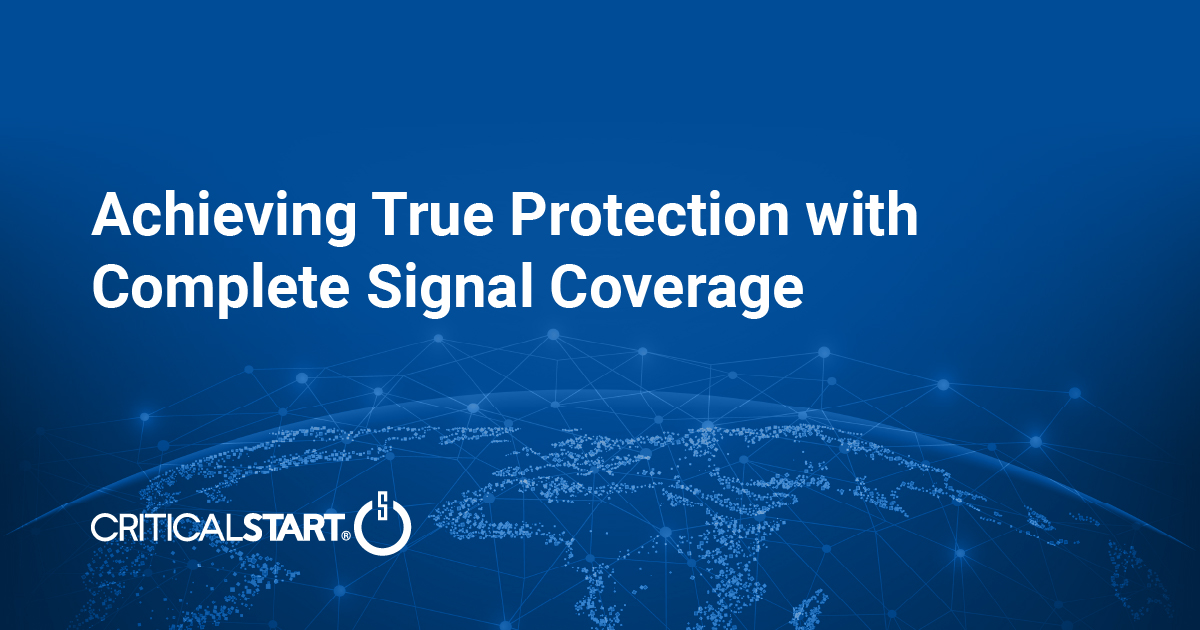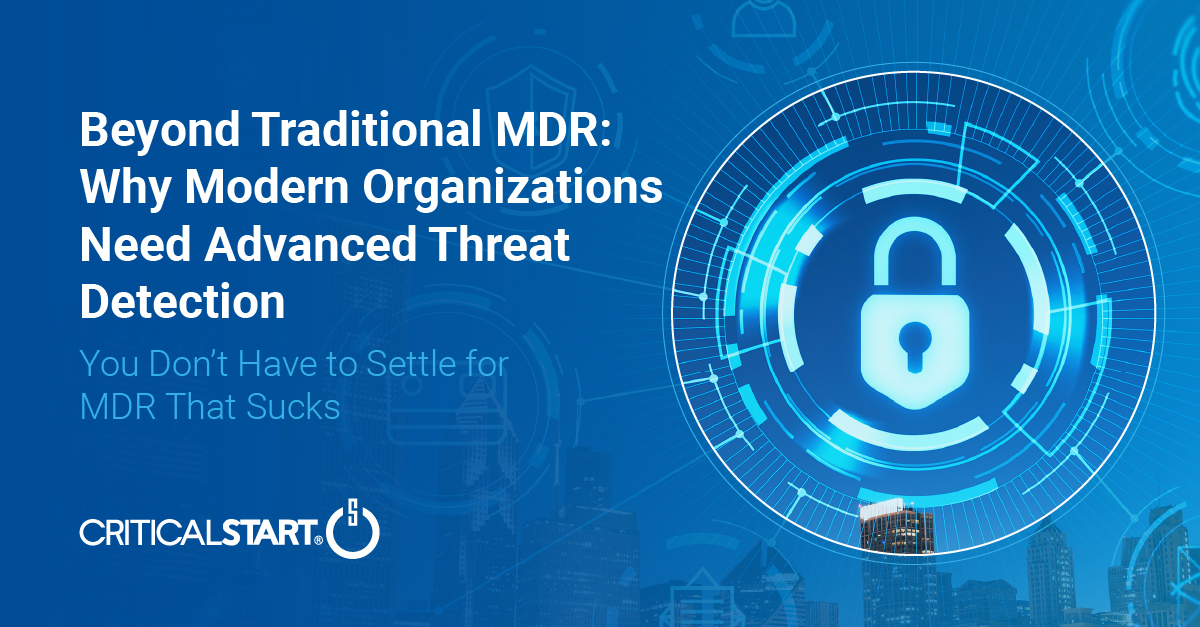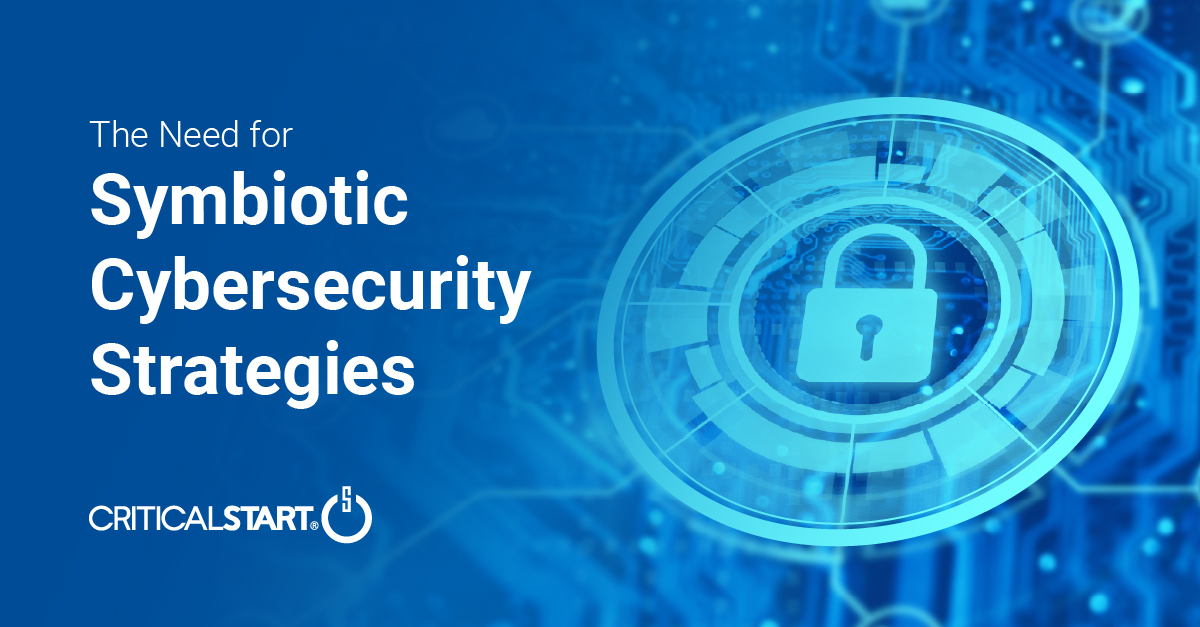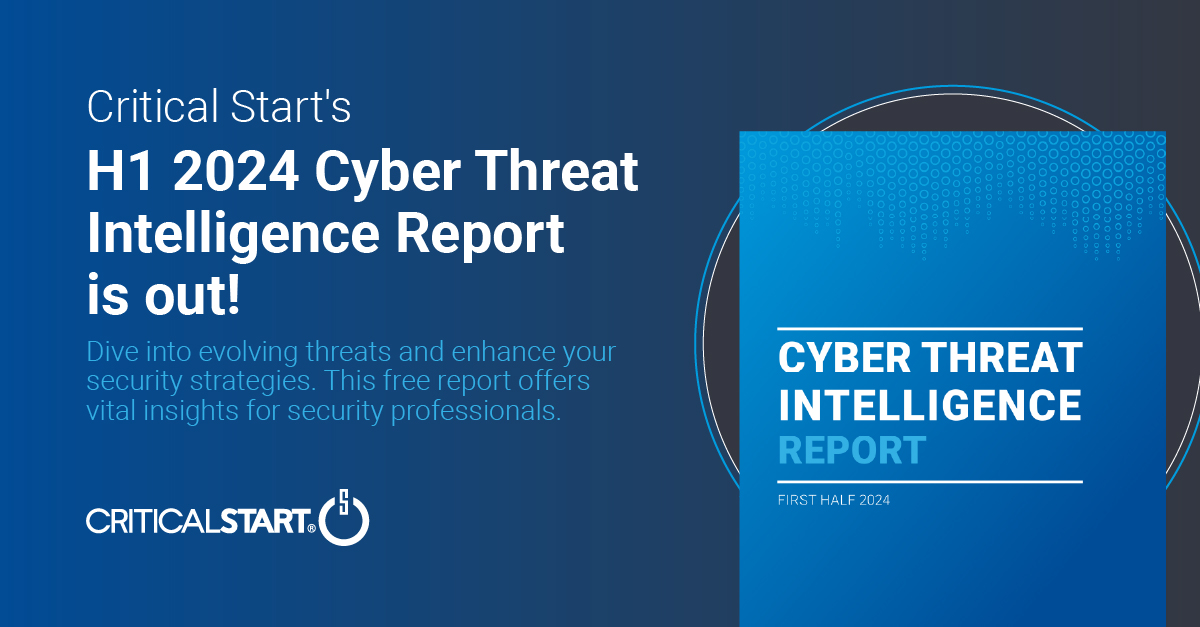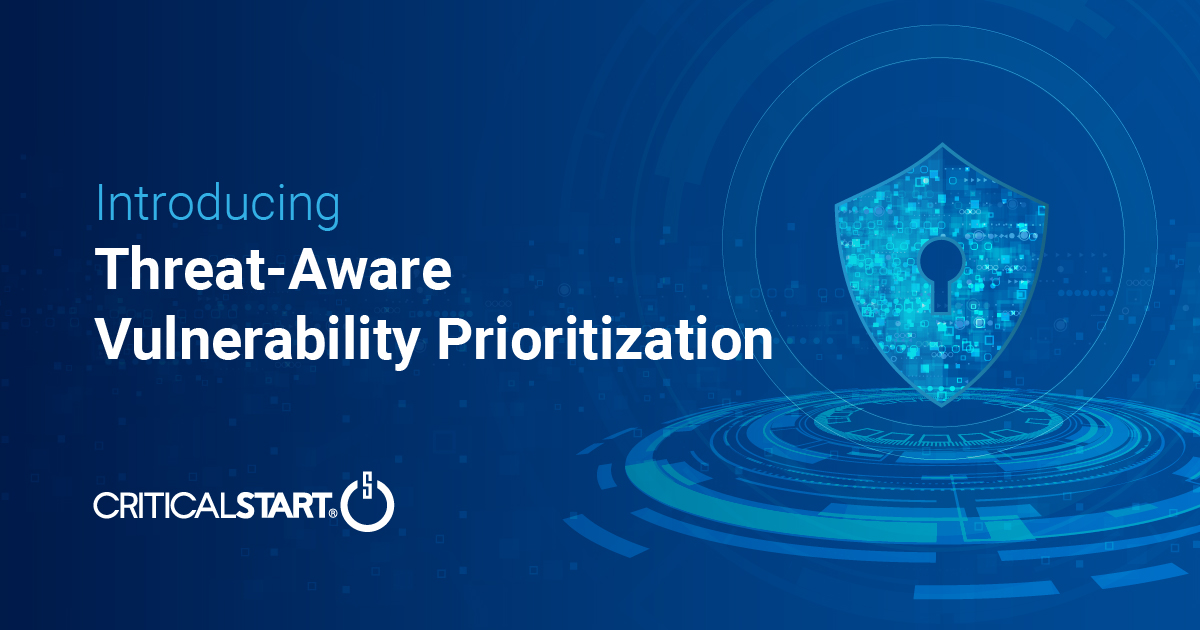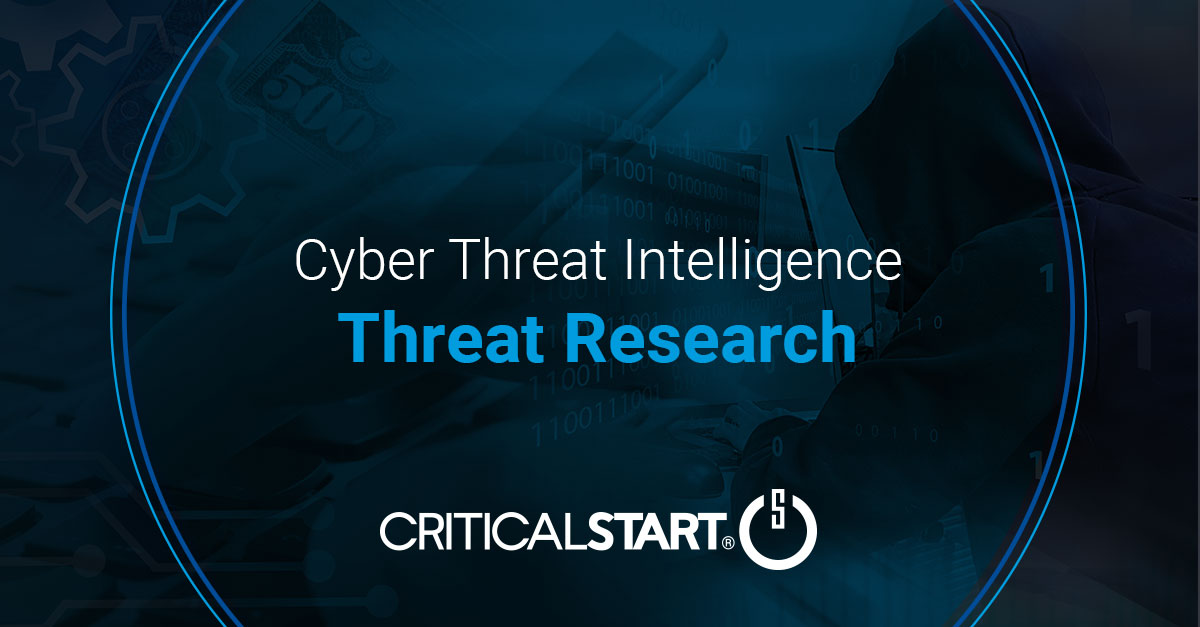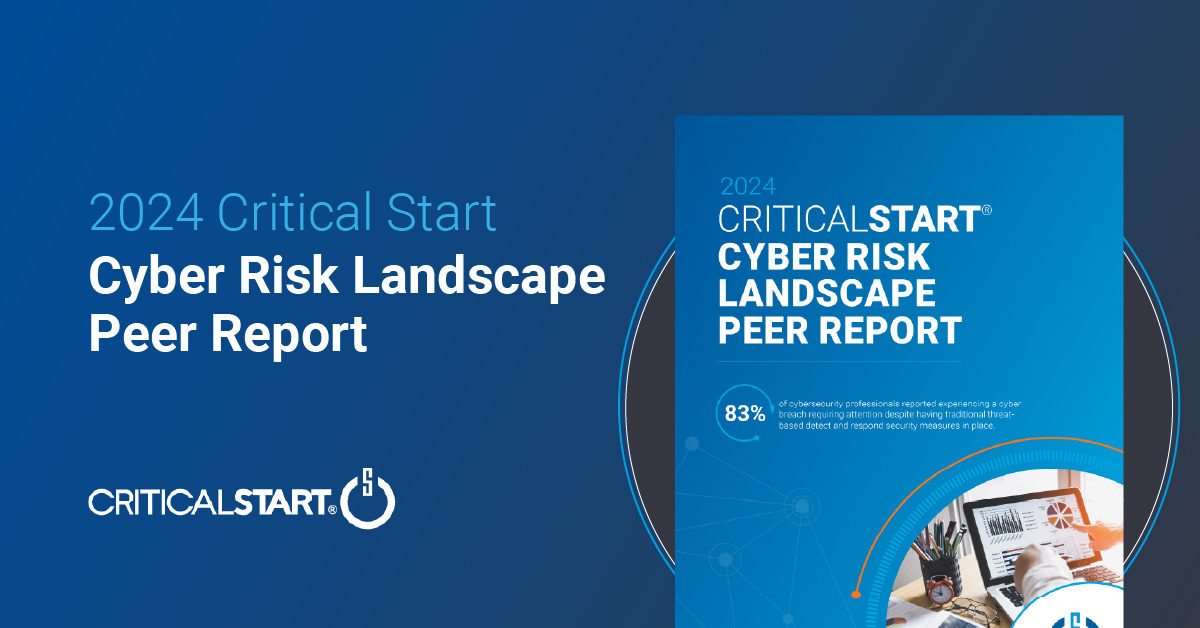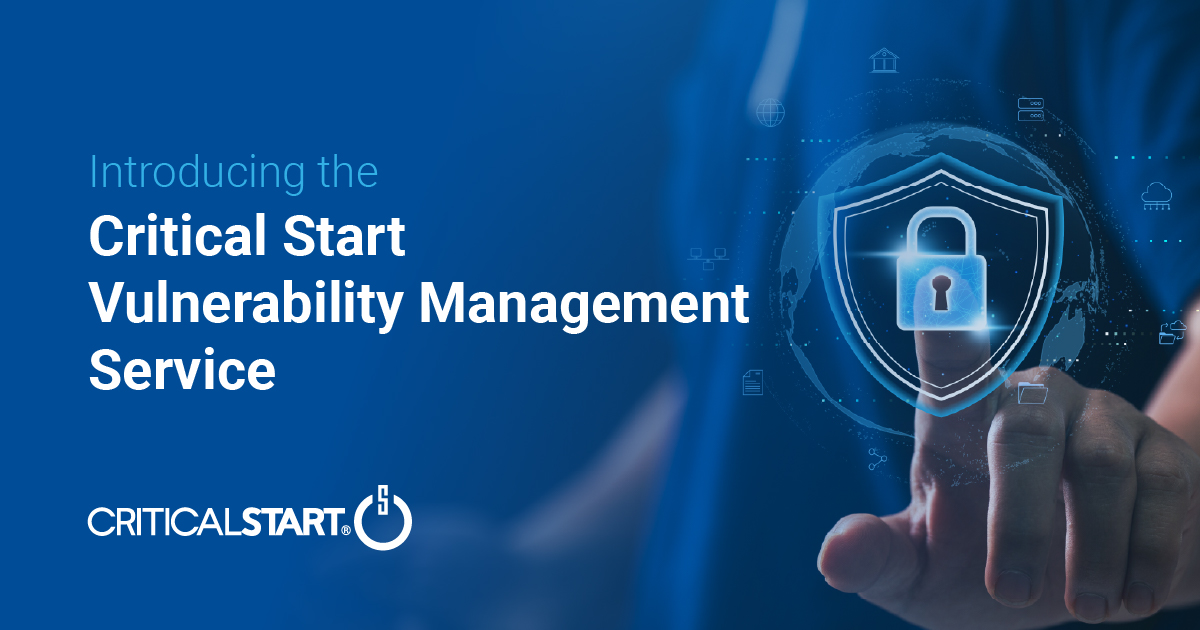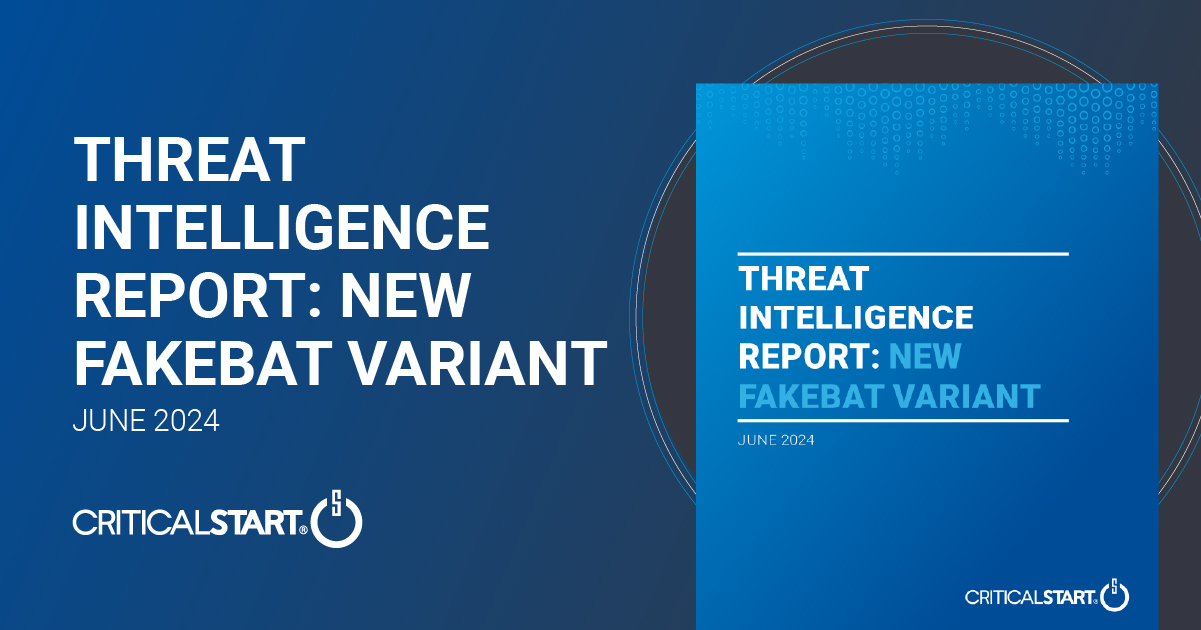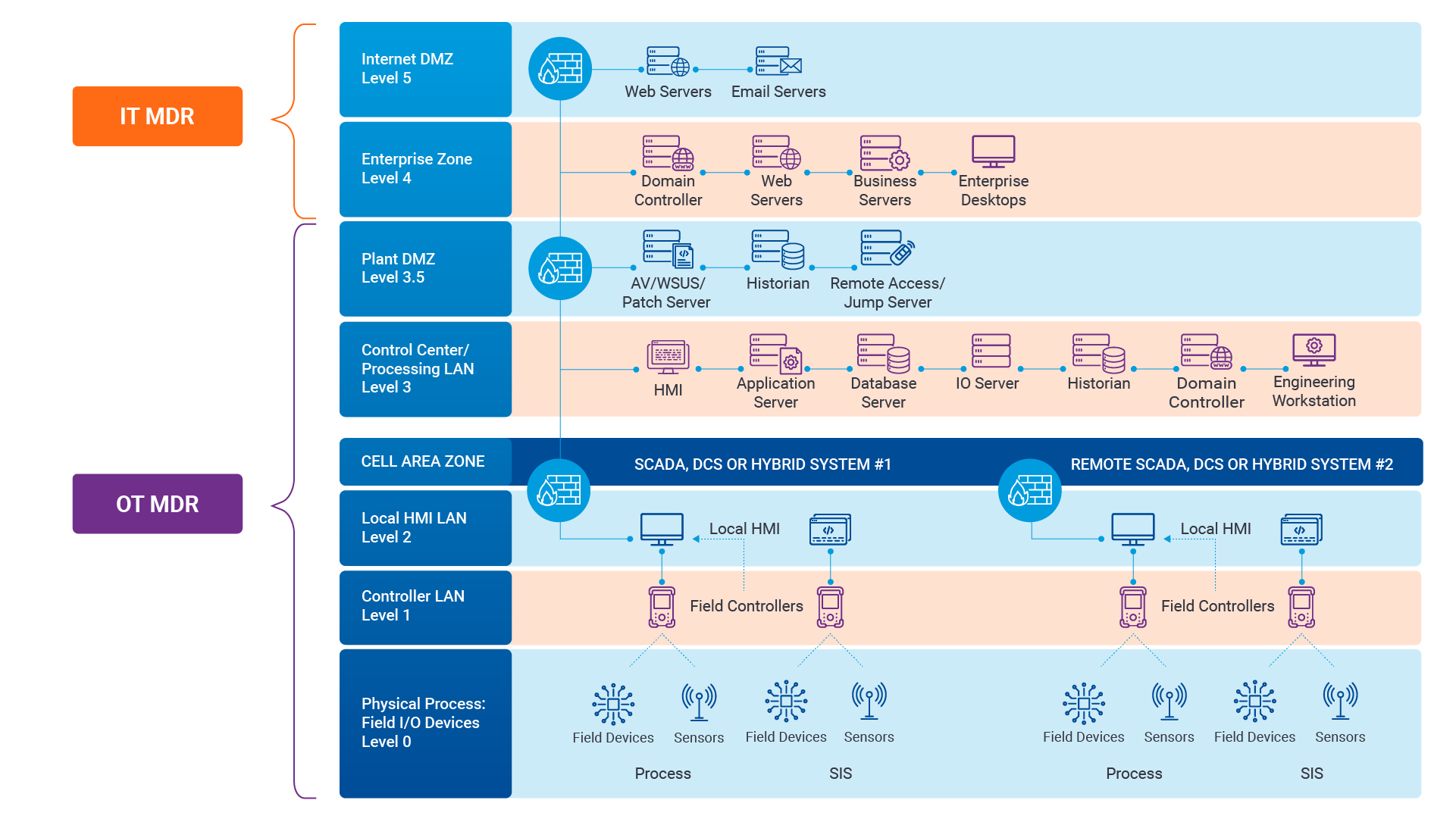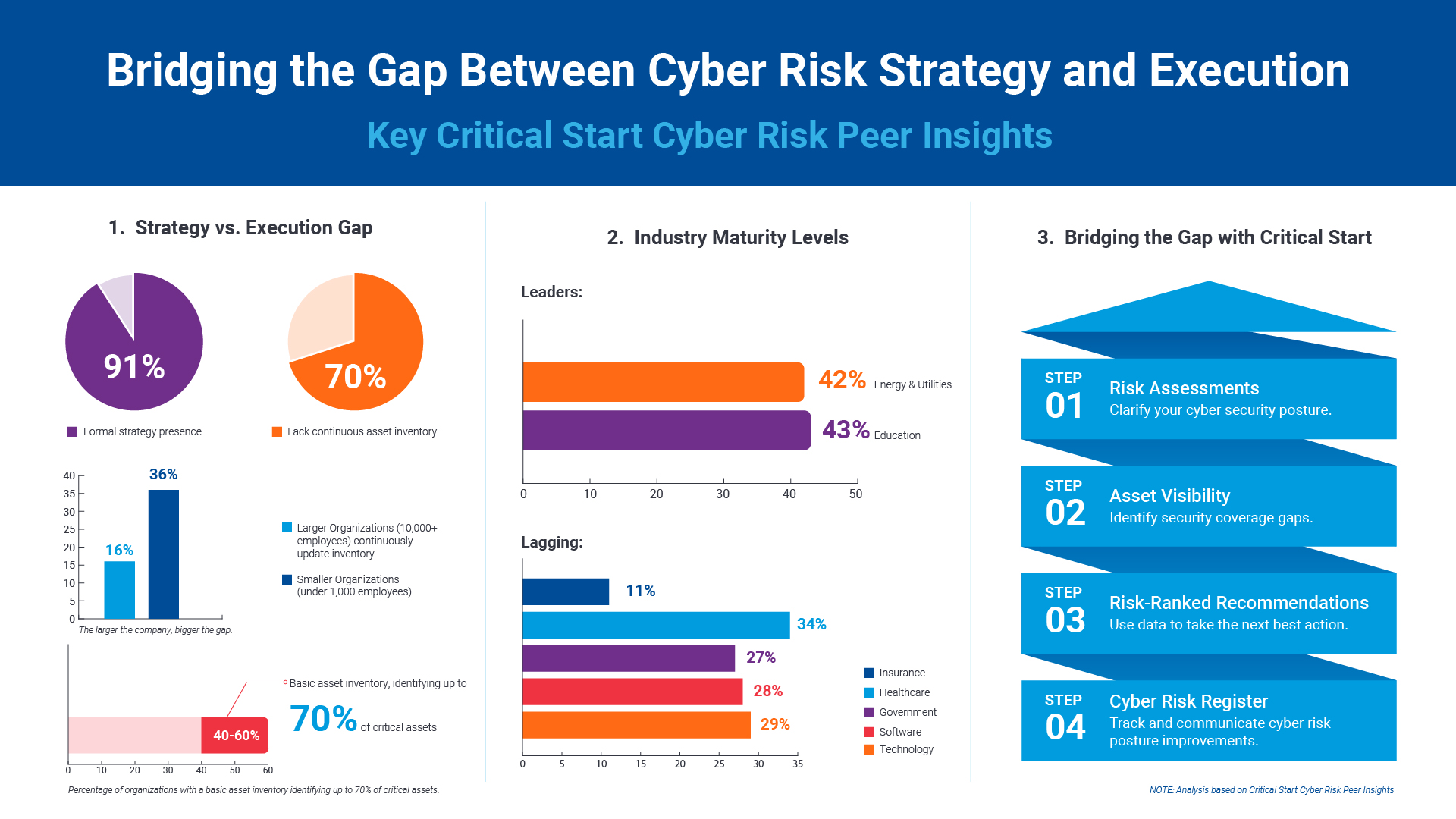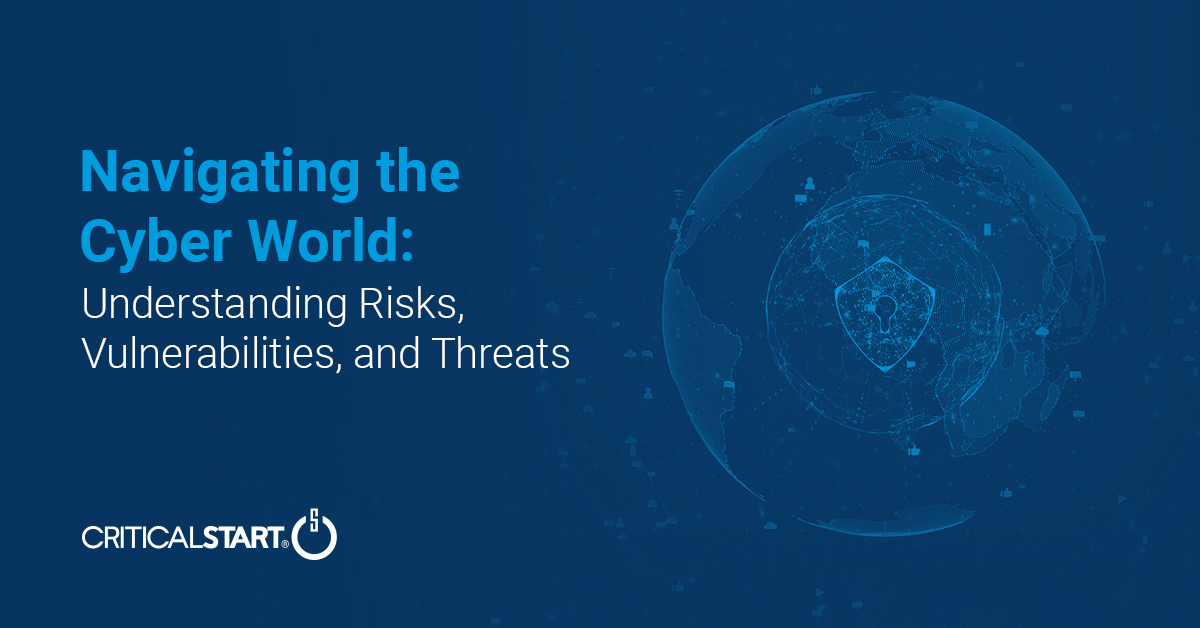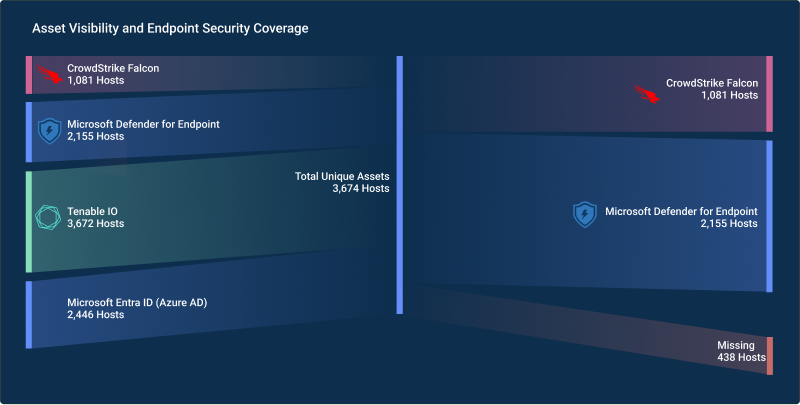By Faith Karimi, CNN – October 20, 2020
As the US grapples with an election season rampant with mistrust and conspiracy theories, federal officials are warning Americans about threats to undermine the integrity of the vote — and how to avoid them.
Mail-in ballots, massive turnout and the pandemic could combine to delay the outcome of this year’s presidential election, providing a wide window for scammers and others to spread false information.
Social media is again populated by false election claims. Adding to the confusion, Microsoft says Russian, Chinese and Iranian hackers have targeted people and organizations involved in the election.
“A significant number of Americans appear susceptible to believing unproven claims,” Daniel A. Cox, director of the Survey Center on American Life and co-author of a report on US conspiracy theories, said in a statement. “Politically motivated conspiracy theories find a receptive audience among both Democrats and Republicans.”
Both the FBI and the Cybersecurity and Infrastructure Security Agency, which protects the nation’s infrastructure, have reassured voters that they’re working to protect the election’s integrity.
But the two agencies are urging Americans to keep an eye on the following threats:
False reports of leaked voter data
The stakes in this year’s election aren’t just high in the US. “Foreign actors” and cybercriminals may try to discredit the results by spreading disinformation, the FBI and CISA say. These false claims could include reports of ballot fraud, cyberattacks targeting election infrastructure, and other related issues that could make voters question whether the election is legitimate, federal officials say.
Hackers may also spread false reports that they obtained and leaked US voter registration data. But don’t worry, the feds say.
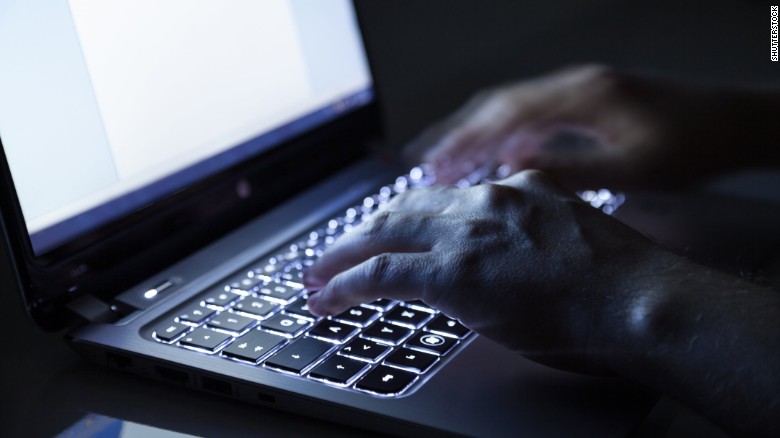
“In reality, much US voter information can be purchased or acquired through publicly available sources,” both federal agencies say. “While cyber actors have in recent years obtained voter registration information, the acquisition of this data did not impact the voting process or the integrity of election results.” Public leaks of voters’ information do occasionally happen. In 2017 the personal information of almost 200 million registered US voters was accidentally exposed online by a Republican analytics firm.
Misleading online journals
Foreign governments have used pseudo-academic online journals to spread false information in the past. And they may use them again to try to influence the outcome of the election, the FBI says. Such fake online journals could express support for specific candidates, allege voter suppression, amplify reports of real or alleged cyberattacks on election infrastructure and assert voter fraud, federal officials say. Foreign actors employ social media and other online platforms to increase the journals’ global reach and give them credibility. “Such sites could be employed … to manipulate public opinion, increase societal divisions, cause widespread confusion, discredit the electoral process and undermine confidence in US democratic institutions,” the FBI and CISA say.
Fake websites and email accounts
Cybercriminals have mastered the art of spoofing email domains. During elections, they use that to fool people into thinking that websites or emails are legitimate, federal officials warn. “Adversaries can use spoofed domains and email accounts to disseminate false information; gather valid usernames, passwords, and email addresses; collect personally identifiable information; and spread malware, leading to further compromises and potential financial losses,” the FBI says.
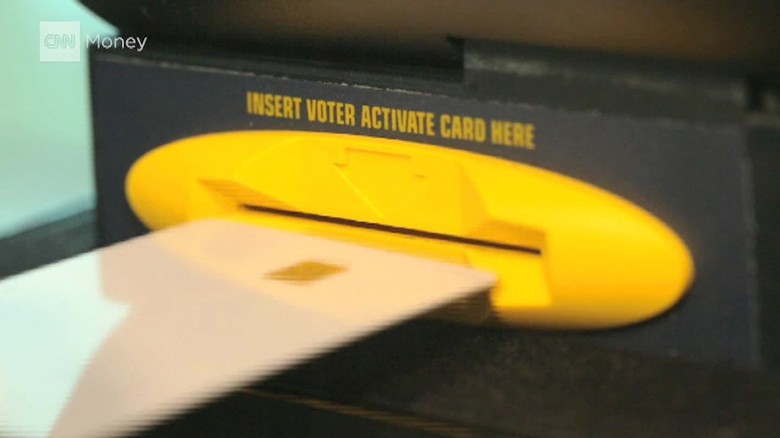
These crooks set up fake domains by making small changes to words (“electon” instead of “election”). Or they masquerade as official government sources but use an alternative domain, such as a dot.com instead of dot.gov site. Even so, “if cybercriminals were able to successfully change an election-related website, the underlying data and internal systems would remain uncompromised,” the FBI and CISA say in a joint report.
Cyberattacks that slow election systems
Criminals also have tried to target election systems, federal officials say. While that can slow a system or make it temporarily inaccessible to election officials, it does not prevent voting or the reporting of results. “The FBI and CISA have no reporting to suggest cyber activity has prevented a registered voter from casting a ballot, compromised the integrity of any ballots cast, or affected the accuracy of voter registration information,” the agencies say in a statement.
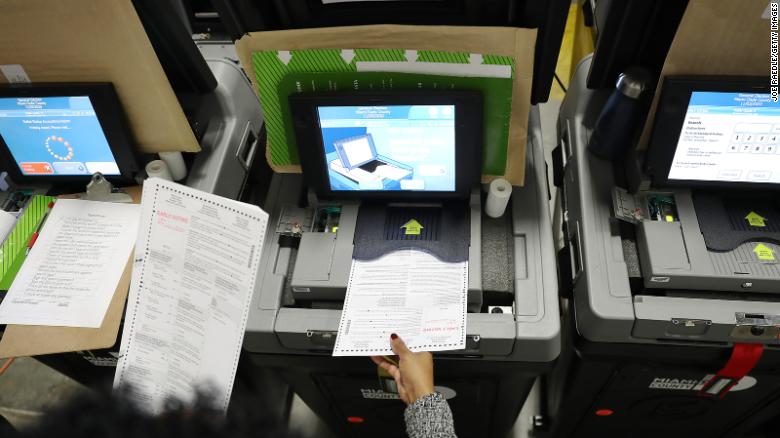
“Any attempts tracked by FBI and CISA have remained localized and were blocked, minimal, or easily mitigated,” the agencies say. Federal officials say such attempts would be difficult to conduct undetected. And even if hackers did succeed in affecting voting, election officials say they have multiple safeguards and plans in place. They include provisional ballots so registered voters can cast ballots and paper backups.
How to thwart these threats
The federal agencies are providing tips on how to beat these scams:
- Ensure reports about election irregularities are from a credible source such as the media, state and local election officials. Always be aware of who’s sharing the information and their potential intent.
- Before sharing reports on social media, where they can take a life of their own, make sure they’re from reliable sources.
- Most social media platforms have ways to report suspicious posts and false information. Make use of them.
- Report anypotential election crimes — such as false information about where to vote — to the FBI.
- Double-check web and email addresses to make sure they’re not imitations of legitimate election sources.
- Update your anti-malware and anti-virus software, along with your operating systems.
- Don’t open unknown emails or attachments, and avoid clicking on questionable files or links.
While voters should be concerned about election threats, they should not be worried about the integrity of their vote, said Allyn Lynd, a senior adviser at CRITICALSTART, a cybersecurity company in Texas. “The US Election Assistance Commission — a federal agency that serves as a resource for election administrators and vendors — conducts testing and certification of voting machines,” he told CNN. But if anyone believes their vote has been tampered with, they should notify election officials at their polling place and report it to federal agencies such as the FBI. “The public should be aware that election officials have multiple safeguards and plans in place — such as provisional ballots to ensure registered voters can cast ballots, paper backups, and backup pollbooks — to limit the impact and recover from a cyber incident with minimal disruption to voting,” Lynd said. The best protection to ensure a vote is correctly recorded, counted and tabulated is a paper trail showing all those steps, he said. See the CNN article
![]()
Ransomware in 2025: The Real Risk, the Gaps That Persist, and What Actually Works
Ransomware attacks aren’t slowing down. They’re getting smarter, faster, and more expensive. In ...![]()
Security Operations Leaders: The Chaos Is Real
If you’re a CISO, SOC leader, or InfoSec pro, you’ve felt it. Alert volumes spike. Tools multipl...![]()
Transform Vulnerability Management: How Critical Start & Qualys Reduce Cyber Risk
In a recent webinar co-hosted by Qualys and Critical Start, experts from both organizations discusse...![]()
H2 2024 Cyber Threat Intelligence Report: Key Takeaways for Security Leaders
In a recent Critical Start webinar, cyber threat intelligence experts shared key findings from the H...![]()
Bridging the Cybersecurity Skills Gap with Critical Start’s MDR Expertise
During a recent webinar hosted by CyberEdge, Steven Rosenthal, Director of Product Management at Cri...![]()
2024: The Cybersecurity Year in Review
A CISO’s Perspective on the Evolving Threat Landscape and Strategic Response Introduction 2024 has...![]()
Modern MDR That Adapts to Your Needs: Tailored, Flexible Security for Today’s Threats
Every organization faces unique challenges in today’s dynamic threat landscape. Whether you’re m...![]()
Achieving Cyber Resilience with Integrated Threat Exposure Management
Welcome to the third and final installment of our three-part series Driving Cyber Resilience with Hu...Why Remote Containment and Active Response Are Non-Negotiables in MDR
You Don’t Have to Settle for MDR That Sucks Welcome to the second installment of our three-part bl...![]()
Choosing the Right MDR Solution: The Key to Peace of Mind and Operational Continuity
Imagine this: an attacker breaches your network, and while traditional defenses scramble to catch up...![]()
Redefining Cybersecurity Operations: How New Cyber Operations Risk & Response™ (CORR) platform Features Deliver Unmatched Efficiency and Risk Mitigation
The latest Cyber Operations Risk & Response™ (CORR) platform release introduces groundbreaking...![]()
The Rising Importance of Human Expertise in Cybersecurity
Welcome to Part 1 of our three-part series, Driving Cyber Resilience with Human-Driven MDR: Insights...![]()
Achieving True Protection with Complete Signal Coverage
Cybersecurity professionals know all too well that visibility into potential threats is no longer a ...![]()
Beyond Traditional MDR: Why Modern Organizations Need Advanced Threat Detection
You Don’t Have to Settle for MDR That Sucks Frustrated with the conventional security measures pro...The Power of Human-Driven Cybersecurity: Why Automation Alone Isn’t Enough
Cyber threats are increasingly sophisticated, and bad actors are attacking organizations with greate...Importance of SOC Signal Assurance in MDR Solutions
In the dynamic and increasingly complex field of cybersecurity, ensuring the efficiency and effectiv...The Hidden Risks: Unmonitored Assets and Their Impact on MDR Effectiveness
In the realm of cybersecurity, the effectiveness of Managed Detection and Response (MDR) services hi...![]()
The Need for Symbiotic Cybersecurity Strategies | Part 2: Integrating Proactive Security Intelligence into MDR
In Part 1 of this series, The Need for Symbiotic Cybersecurity Strategies, we explored the critical ...Finding the Right Candidate for Digital Forensics and Incident Response: What to Ask and Why During an Interview
So, you’re looking to add a digital forensics and incident response (DFIR) expert to your team. Gr...![]()
The Need for Symbiotic Cybersecurity Strategies | Part I
Since the 1980s, Detect and Respond cybersecurity solutions have evolved in response to emerging cyb...![]()
Critical Start H1 2024 Cyber Threat Intelligence Report
Critical Start is thrilled to announce the release of the Critical Start H1 2024 Cyber Threat Intell...![]()
Now Available! Critical Start Vulnerability Prioritization – Your Answer to Preemptive Cyber Defense.
Organizations understand that effective vulnerability management is critical to reducing their cyber...![]()
Recruiter phishing leads to more_eggs infection
With additional investigative and analytical contributions by Kevin Olson, Principal Security Analys...![]()
2024 Critical Start Cyber Risk Landscape Peer Report Now Available
We are excited to announce the release of the 2024 Critical Start Cyber Risk Landscape Peer Report, ...Critical Start Managed XDR Webinar — Increase Threat Protection, Reduce Risk, and Optimize Operational Costs
Did you miss our recent webinar, Stop Drowning in Logs: How Tailored Log Management and Premier Thre...Pulling the Unified Audit Log
During a Business Email Compromise (BEC) investigation, one of the most valuable logs is the Unified...![]()
Set Your Organization Up for Risk Reduction with the Critical Start Vulnerability Management Service
With cyber threats and vulnerabilities constantly evolving, it’s essential that organizations take...![]()
Announcing the Latest Cyber Threat Intelligence Report: Unveiling the New FakeBat Variant
Critical Start announces the release of its latest Cyber Threat Intelligence Report, focusing on a f...Cyber Risk Registers, Risk Dashboards, and Risk Lifecycle Management for Improved Risk Reduction
Just one of the daunting tasks Chief Information Security Officers (CISOs) face is identifying, trac...![]()
Beyond SIEM: Elevate Your Threat Protection with a Seamless User Experience
Unraveling Cybersecurity Challenges In our recent webinar, Beyond SIEM: Elevating Threat Prote...![]()
Navigating the Convergence of IT and OT Security to Monitor and Prevent Cyberattacks in Industrial Environments
The blog Mitigating Industry 4.0 Cyber Risks discussed how the continual digitization of the manufac...![]()
Critical Start Cyber Risk Peer Insights – Strategy vs. Execution
Effective cyber risk management is more crucial than ever for organizations across all industries. C...![]() Press Release
Press ReleaseCritical Start Named a Major Player in IDC MarketScape for Emerging Managed Detection and Response Services 2024
Critical Start is proud to be recognized as a Major Player in the IDC MarketScape: Worldwide Emergin...Introducing Free Quick Start Cyber Risk Assessments with Peer Benchmark Data
We asked industry leaders to name some of their biggest struggles around cyber risk, and they answer...Efficient Incident Response: Extracting and Analyzing Veeam .vbk Files for Forensic Analysis
Introduction Incident response requires a forensic analysis of available evidence from hosts and oth...![]()
Mitigating Industry 4.0 Cyber Risks
As the manufacturing industry progresses through the stages of the Fourth Industrial Revolution, fro...![]()
CISO Perspective with George Jones: Building a Resilient Vulnerability Management Program
In the evolving landscape of cybersecurity, the significance of vulnerability management cannot be o...![]()
Navigating the Cyber World: Understanding Risks, Vulnerabilities, and Threats
Cyber risks, cyber threats, and cyber vulnerabilities are closely related concepts, but each plays a...The Next Evolution in Cybersecurity — Combining Proactive and Reactive Controls for Superior Risk Management
Evolve Your Cybersecurity Program to a balanced approach that prioritizes both Reactive and Proactiv...![]()
CISO Perspective with George Jones: The Top 10 Metrics for Evaluating Asset Visibility Programs
Organizations face a multitude of threats ranging from sophisticated cyberattacks to regulatory comp...![]() Datasheet
DatasheetCRITICALSTART® Advisory SOC Analyst (ASA)
Discover how Critical Start’s Advisory SOC Analyst (ASA) service adds personalized expertise to yo...![]() Datasheet
DatasheetMDR Use Cases
Discover how Critical Start MDR delivers rapid, SLA-backed threat detection and response across your...- Webinar
Are Critical Threats Slipping Through Your Defenses?
Modern security teams are buried in noisy alerts and stretched thin. Even with powerful tools like M...
Newsletter Signup
Stay up-to-date on the latest resources and news from CRITICALSTART.
Thanks for signing up!
